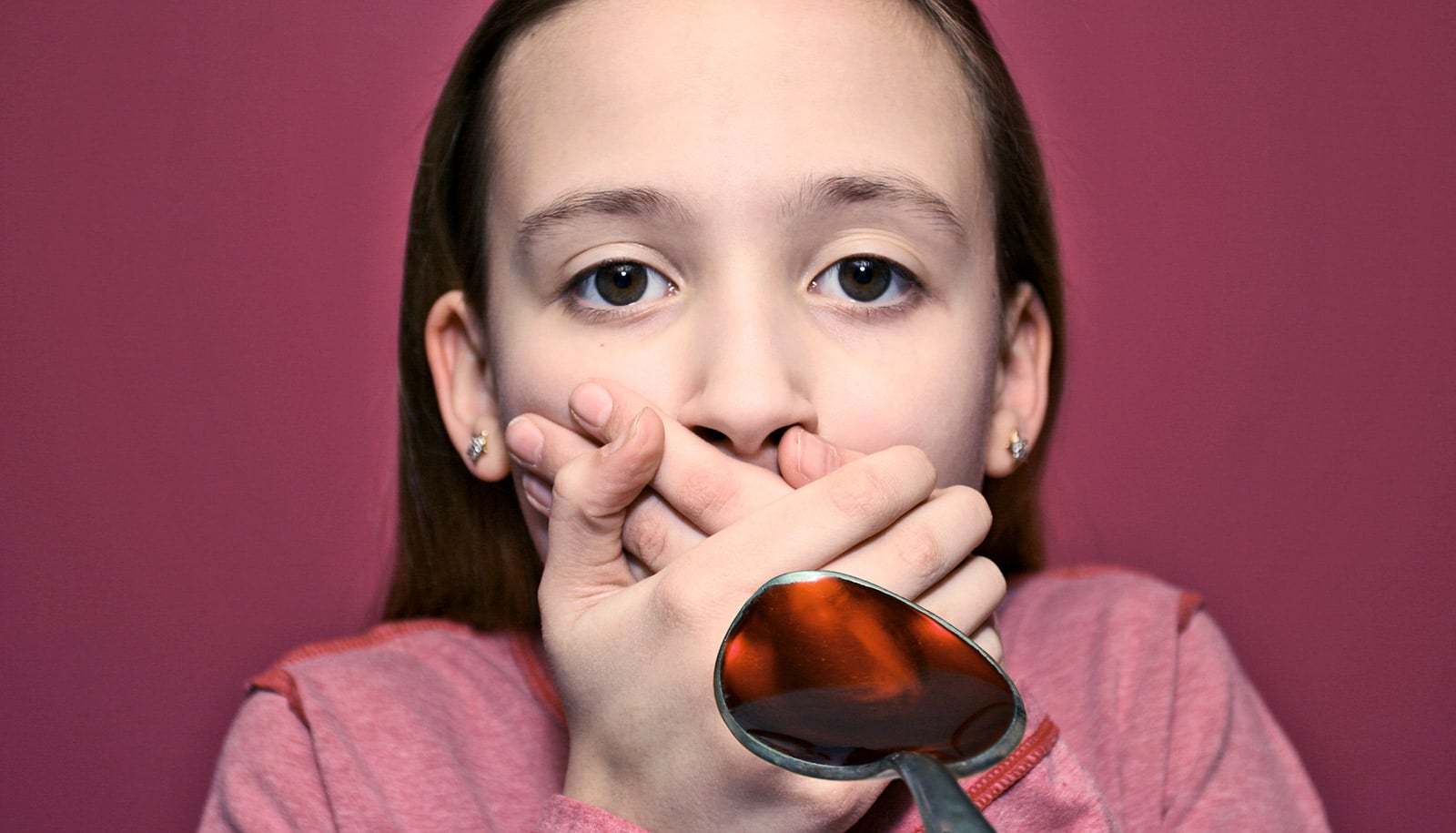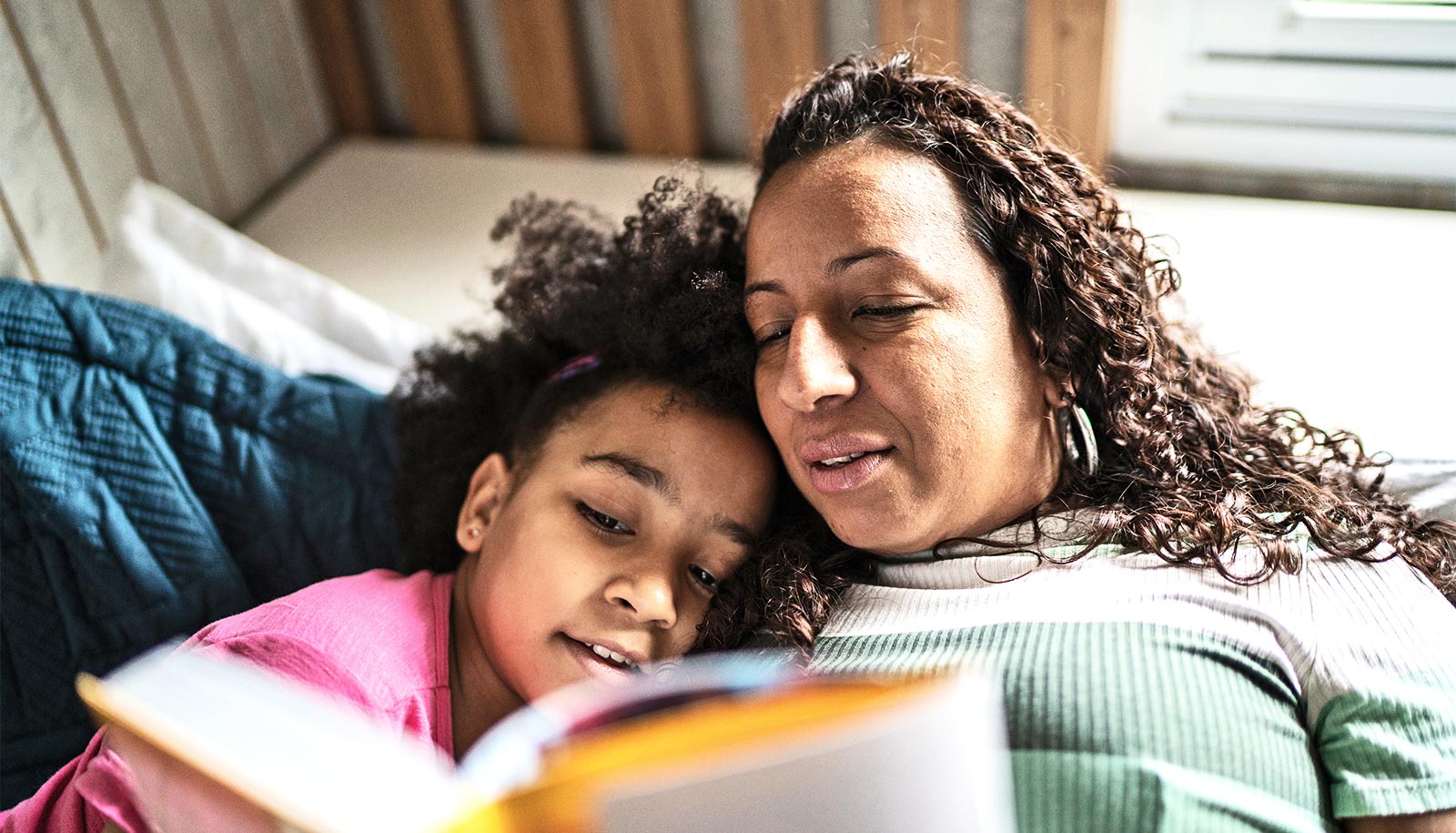It’s familiar to parents who’ve dealt with coughing kids: First comes the sniffles, then the congestion—and finally, a persistent, hacking cough that can drag on for weeks, long after the other upper-respiratory symptoms clear up.
Why is that? And more importantly, what’s a parent to do?
Here, pediatricians from Yale University Medicine—including specialists in emergency medicine, allergies, and immunology—talk about colds, allergies, asthma, and the dangers of over-the-counter medications. Their 5 tips for parents dealing with coughing kids might help everyone in your house feel—and sleep—a little better.
1. Not all colds are the same
Coughs usually start with a viral upper-respiratory infection (also known as a cold). But sometimes the cold is not as dramatic as people might expect, says Annette Cameron, a pediatrician.
“You don’t necessarily have the full burden of symptoms. There might just be a slight runny nose, congestion, maybe a low-grade fever and then, this cough,” she says. “The cough tends to linger the longest and can last for up to two weeks. This is when parents come in and ask, ‘Why is my child coughing when there are no other symptoms?'”
The answer, Cameron often tells parents, is that there are other mild symptoms they aren’t recognizing—or they forgot about them as they’ve all gone away, except for the cough.
2. Coughing is a defense mechanism
A cough is the body’s way of defending itself, Cameron says. “If you have a runny nose and some congestion, you might get post-nasal drip, which can irritate the bronchioles (small passageways in the lungs) and cause coughing,” she explains. “Coughing is a way to clear the lungs and expel mucus.”
“Coughing is good,” adds Carl R. Baum, a pediatric emergency physician. “Parents get freaked out when their kid has a really bad cough, but it’s the body’s normal way of protecting itself. It keeps our lungs clear.”
3. Skip the cough medicine
Over-the-counter cough and cold medications are not recommended for children under the age of 6, according to newly-revised guidelines from the American Academy of Pediatrics. That’s because they usually don’t work—and they are sometimes linked to serious side effects, Cameron says.
“A lot of the over-the-counter medications have decongestants and antihistamines. Decongestants are associated with cardiac arrhythmias, and antihistamines have an increased risk of drowsiness and depression of breathing,” she says. “So those medications, if not dosed according to weight or given at the proper intervals, can be dangerous.”
Instead, just a teaspoon or so of honey can go a long way, Cameron says. “It’s amazing how well honey can soothe the irritated throat and make the cough stop.” But, because of a risk of botulism, honey shouldn’t be used for kids under the age of 1.
Cameron also suggests using a (cool or warm mist) dehumidifier, saline drops, and a bulb syringe (that little blue thing pediatricians hand out) to suction out the nose. Gargling with a little bit of water might help, too. And if there is any pain, parents can safely use acetaminophen (Tylenol) or ibuprofen (Motrin).
Another reason to skip the cough meds, Baum says, is because some medications merely suppress a cough, rather than treat it. “You’re not getting to the root of the problem. It could be asthma, pneumonia, or even a small toy in the airways leading to the lungs,” he says. “In the emergency department, we always want to get to the root cause.”
Parents should always discuss their concerns about symptoms with their child’s primary care provider, but if a child is having trouble breathing, they should take the child to the emergency department or call 911.
4. Consider allergies
If the cough is persistent and does not go away after two weeks, it’s time to start thinking about other factors, which could include allergies, especially if symptoms include not only post-nasal drip, but itchy eyes, ears, and throat.
“At this point, we might try an antihistamine to see if it would dry up some secretions,” Cameron says. “Claritin and Zyrtec are dosed down for children as young as 6 months, but I don’t like to give either to really young kids unless I am treating an allergic reaction. Or if it’s older kids, I want to know that I am treating allergic rhinitis, which can be seasonal allergies or environmental allergens.”
“A cough caused by allergies may be seasonal and usually there is no fever or body aches and it’s not contagious. And, it may only occur around the allergic trigger, like cats or tree pollen,” says Jason Catanzaro, a pediatric allergist and immunologist. “But, very young children are less likely to have outdoor allergies—they haven’t been around long enough to be exposed to pollens from grasses, trees, and weeds.”
5. Think asthma
One of the clearest signs of asthma is if the cough is persistent or prolonged, and if there is a pattern. “If this happens every time your child has a viral infection and the cough lasts three or four weeks, it could be allergies and/or asthma, as the two can go hand in hand,” Cameron says. “Plus, asthma can be genetic, so check your family history.”
For asthma, the diagnosis is usually made during an office visit with your child’s pediatrician, though there are pulmonary function tests, too. “You can’t diagnose it the first time someone wheezes, but if you see that every time someone has a cold, they have a cough for a long time, we might recommend a trial of Albuterol, a medicine to treat asthma.”
Source: Yale University



